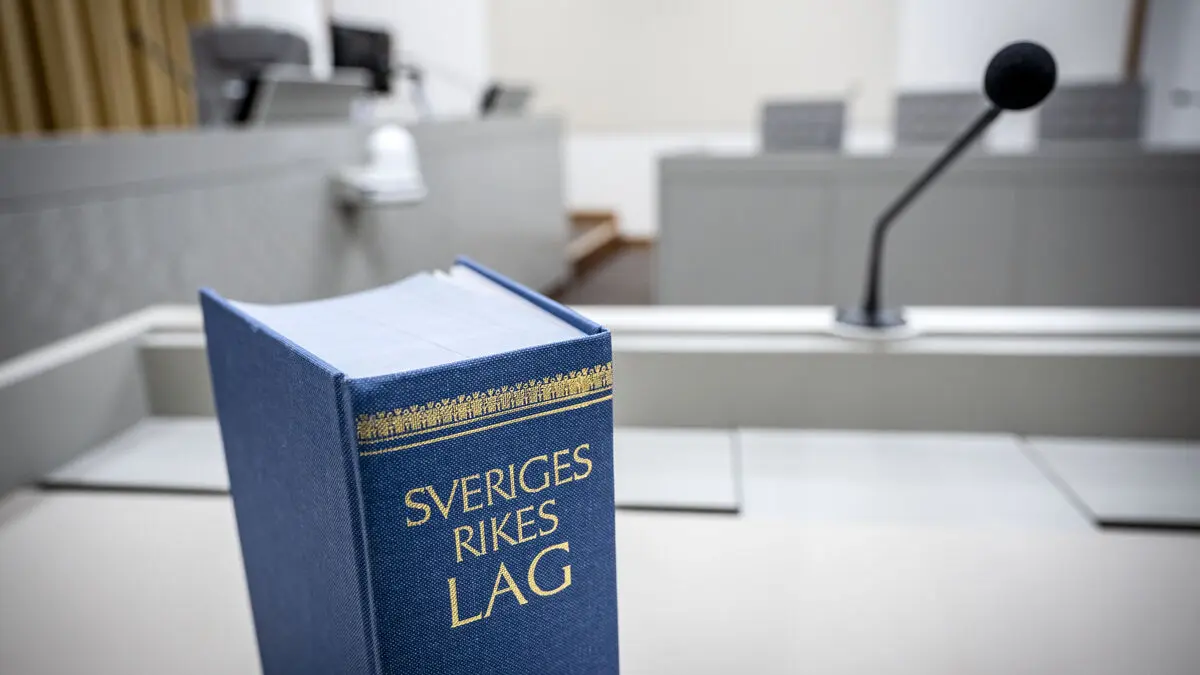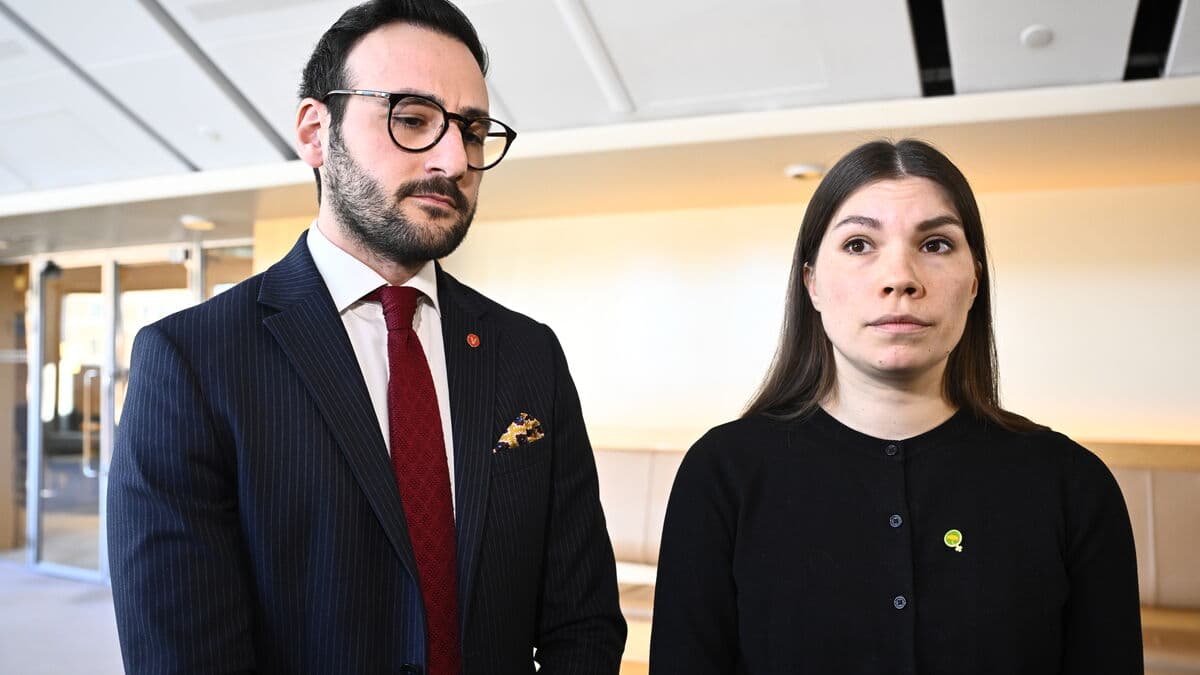Images of successful girls highlighting their flat stomach, spine, or ribs are repeatedly seen on social media. This phenomenon is called "pro-ana", which refers to the images showing anorectic ideals.
Hanna Berglund was ill with anorexia when she was a teenager. Then, just like now, the internet was flooded with such images. Back then, she didn't understand that they were problematic.
I didn't think about it that way. I wanted to be thin. I saw the images as something positive.
Hanna Bergwall says today that she is completely sure that the images had an impact on her illness.
They made it harder to get well, I was constantly triggered by them.
It took ten years before she got well.
It's not wrong to be thin
A year ago, when a debate about pro-ana images erupted, Hanna Bergwall was one of those who raised her voice. Since then, many have contacted her.
I've had mothers who have written to me that their nine-year-old daughters want to start vomiting because Bianca Ingrosso does it, she says, referring to the well-known influencer and entrepreneur who has spoken openly about her eating disorders.
Hanna Bergwall is clear that it's not wrong to be thin, she herself is. Rather, the problem is how you choose to highlight, for example, bone knots in unnatural and strange angles. Especially if you're an influencer who has talked about having an eating disorder.
It's not about the person's body, but about the message you're sending out. You have to be able to criticize that.
When pro-ana content is what sells, generates money, and increases followers, it's easy for young viewers to link appearance to success, which can be triggering for many, says Berglund.
A trust industry
Today, Hanna Berglund is healthy from her eating disorder and no longer gets triggered when the images come up in her feed. However, she has chosen not to follow certain Swedish influencers.
I'm glad I'm not there, but of course, I have to brake so I don't look at it too much, because then you can get triggered.
Hanna Bergwall thinks that tech companies should take greater responsibility, but that the responsibility also lies with influencers as a group and with the individual creator and their brand.
They have freedom of speech, they can post what they want. However, I think they have a moral obligation to take responsibility. It's a trust industry, after all.






